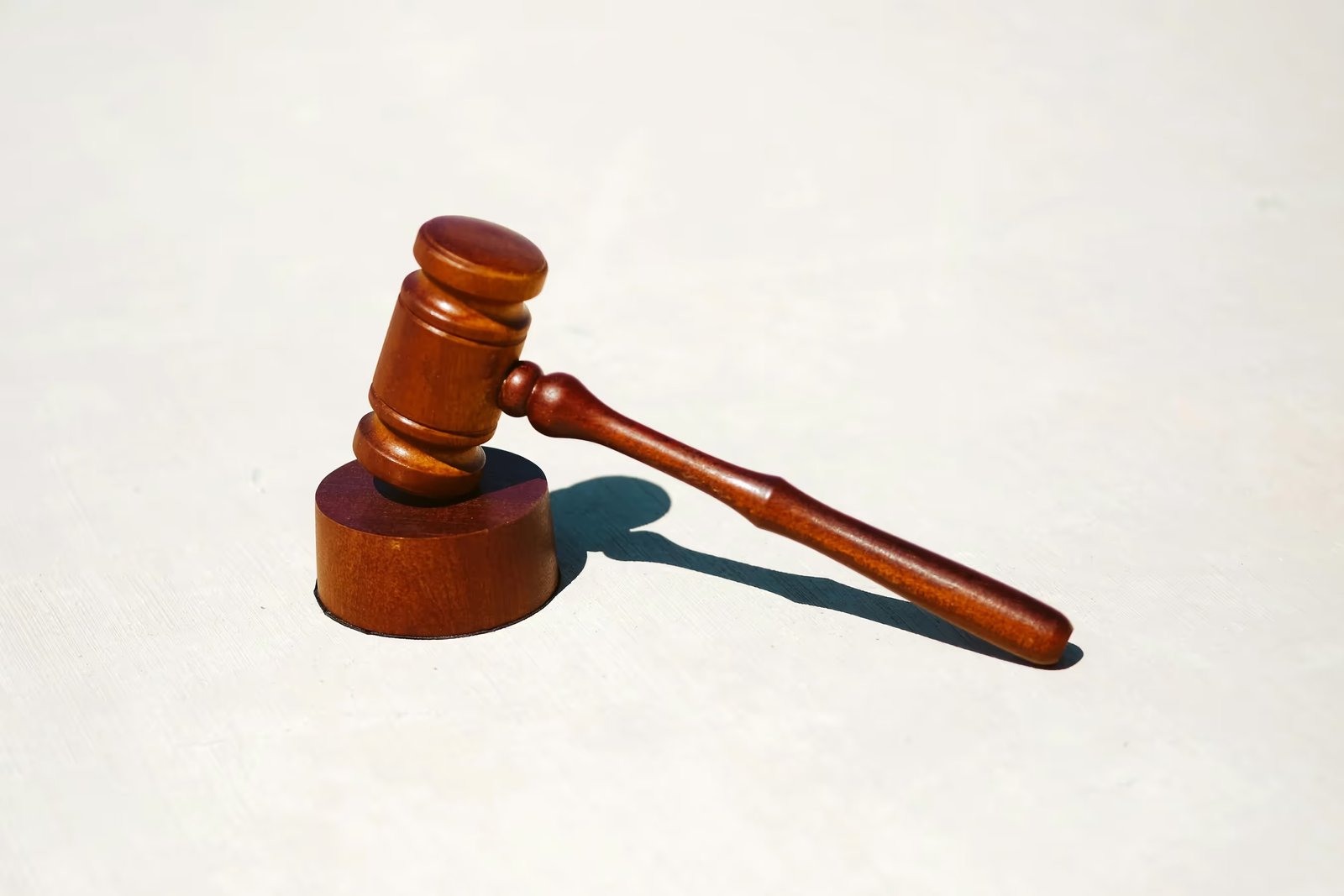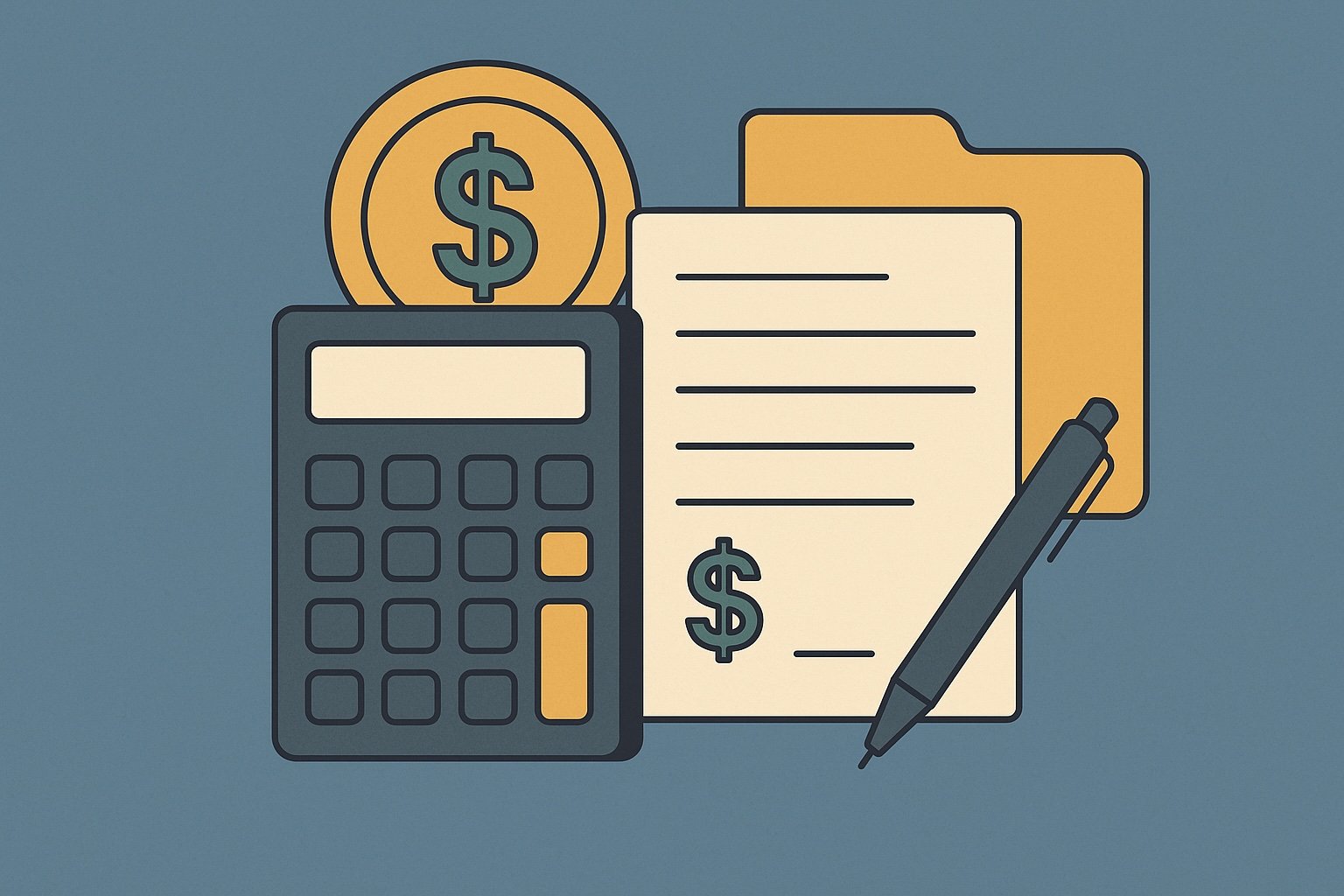Question
ARTE's Answer
The applicability of a 1031 exchange to foreign property is a nuanced topic. Under Section 1031 of the Internal Revenue Code, the exchange of real property held for productive use in a trade or business or for investment can qualify for nonrecognition of gain or loss, provided the properties exchanged are of like-kind. However, when it comes to foreign property, the rules are more restrictive.
According to the IRS guidelines, real property located in the United States and real property located outside the United States are not considered like-kind. This means that you cannot defer taxes on a 1031 exchange if you are exchanging U.S. property for foreign property or vice versa.
The definition of “United States” for this purpose includes the 50 states and the District of Columbia, but not U.S. territories like Puerto Rico, Guam, or the U.S. Virgin Islands, unless specific conditions are met.
For example, let’s say you own an investment property in Florida and are considering exchanging it for a property in Spain. Under the current 1031 exchange rules, this transaction would not qualify for tax deferral because the properties are not considered like-kind due to their locations in different countries.
However, there are some exceptions for certain U.S. territories. The IRS has issued guidance that allows for 1031 exchanges involving properties in the U.S. Virgin Islands, Guam, and the Northern Mariana Islands under specific circumstances.
For instance, if you are a U.S. taxpayer subject to tax in both the U.S. and one of these territories, you may be able to exchange property located in the U.S. for property in one of these territories and still qualify for tax deferral.
To illustrate, imagine you own a commercial building in California and wish to exchange it for a similar property in the U.S. Virgin Islands. If you meet the tax requirements in both jurisdictions, this exchange could potentially qualify under Section 1031.
At Deferred.com, we offer qualified intermediary services to facilitate such exchanges. As your qualified intermediary, we would ensure that all the necessary steps are followed to comply with IRS regulations, including the identification and acquisition of like-kind replacement property within the required timeframes. Our “No Fee Exchange” service can help you save money while navigating the complexities of a 1031 exchange, especially when dealing with properties in U.S. territories.
If you are considering a 1031 exchange involving foreign property or properties in U.S. territories, it’s crucial to consult with a tax professional or a qualified intermediary like us at Deferred.com to ensure compliance with all applicable rules and regulations.
Have more questions? Call us at 866-442-1031 or send an email to support@deferred.com to talk with an exchange officer at Deferred.
Sources
- Publication 544 (2023), Sales and Other Dispositions of Assets
- Rev. Rul. 2002-83 (Related Party Exchanges)
- Section 1031 Exchanges in the U.S. Virgin Islands, Guam and Northern Mariana Islands (Article)
- TAM 200039005 (Failed Reverse Exchanges)
- Goolsby v. Commissioner
- Teruya Brothers, Ltd. & Subsidiaries v. Commissioner, 124 TC 45
1031 Question? Ask ARTE
Deferred's AI 1031 Research Assistant is trained on 8,000+ pages of US tax law and outperforms human CPAs by 22%+
CHAT NOW
Learn More
See more frequently asked questions about 1031 exchanges








